A chill new approach to recovery
Claremonter and distance runner John Renken is quick to sing the praises of cryotherapy.
Mr. Renken, 50, is in the middle of training for his fourth Boston Marathon, which will take place on April 16. A part of that grueling training is a recovery treatment known as cryotherapy.
Cryotherapy is a state-of-the-art recovery system athletes use to help heal from injuries or excess strain. You jump into the machine—wearing gloves, socks and underwear to protect your extremities—for up to three minutes, at which point the temperature in the eight-foot-tall cylindrical apparatus falls to negative 250 degrees Fahrenheit.
The whole scene looks extremely futuristic—a cold fog seeps out of the top end of the chamber amid the purple and blue mood lighting in the room.
“It lights you up,” Mr. Renken said, noting his pain decreases once he enters the chamber. “It reduces inflammation from running yesterday so I can r
Louie Zuniga runs Recovery Lab, which operates out of the Pacific Athletic Center on Monte Vista Avenue in Claremont. The lab has been open since May 2017, and is a go-to favorite for student athletes and members of the Claremont Club.
Mr. Zuniga has been involved in cryotherapy for four years, and got into it through a friend while attending UC Santa Barbara. The Claremont location is the second Recovery Lab, with the first in Rancho Cucamonga.
The idea behind cryotherapy dates back to the 1990s, when it was used to treat seniors with rheumatoid arthritis and fibromyalgia in Japan.
In fact, Mr. Zuniga says, about 30 to 35 percent of his clients are seniors. It didn’t catch on with athletes until the end of the 2000s.
“Kobe Bryant used to have it, but he wouldn’t tell anybody, just to keep a competitive advantage,” Mr. Zuniga said.
But the secret is out, and now cryotherapy is a vital process for athletes looking to recover more quickly and gain that competitive edge. Mr. Zuniga has helped runners, boxers, as well as soccer, baseball and football players.
Some of the more well-known users of cryotherapy are professional athletes such as LeBron James and soccer star Cristiano Ronaldo. The machine in Recovery Lab originally belonged to famed motivational speaker Tony Robbins, who originally used the chamber in his West Palm Beach, Florida home.
Before, athletes would take ice baths or wrap their arms or legs in an ice sling to recover. Cryotherapy, Mr. Zuniga says, is better.
“There’s no moisture involved,” he said. “You’re in an out within a minute. Time wise, it’s a lot more efficient.”
Cryotherapy is also safer for your extremities, which are wrapped in part to prevent frostbite or frost nip.
“Whereas when you jump into an ice bath, you expose your extremities,” Mr. Zuniga said.
Mr. Zuniga said one of the main things to get over when thinking about using cryotherapy is nervousness—it can seem daunting to willingly step into a padded chamber where temperatures fall to hundreds of degrees below zero. But he was quick to point out that it was safe, and is willing to guide newcomers along the way.
“For somebody who is brand new, we’ll have you do two to two-and-a-half minutes, just to make sure you’re okay and don’t overwhelm yourself,” he said.
But clients have been telling him all sorts of success stories. Some have told Mr. Zuniga that cryotherapy has reduced recovery time from surgery by as much as a month, and young athletes from high schools and colleges credit using cryotherapy with making quicker times and setting personal records.
“We do all we can on our side to make sure they’re feeling good, so when they go out there they don’t have to doubt,” he said.
For Mr. Renken, who initially got into running through his son Ryan, a former Claremont High School cross country standout and fellow Recovery Lab client, using the cryotherapy machine makes him feel “exhilarated.”
“I sleep better, my energy levels are up,” he said.
While this futuristic technology seems like its made for the upper echelons of society, Mr. Zuniga said. Single sessions can range anywhere from $25 to $50, with discounts for students and seniors. Recovery Lab also has family packages, where a session can go as low as $18.
“I come from a big family, so one thing I’ve noticed is always making sure everyone is taken care of,” he said.
Recovery Lab is located at 1599 Monte Vista Ave. in the Pacific Athletic Center. Give them a ring at (909) 477-9841.
—Matthew Bramlett
news@claremont-courier.com


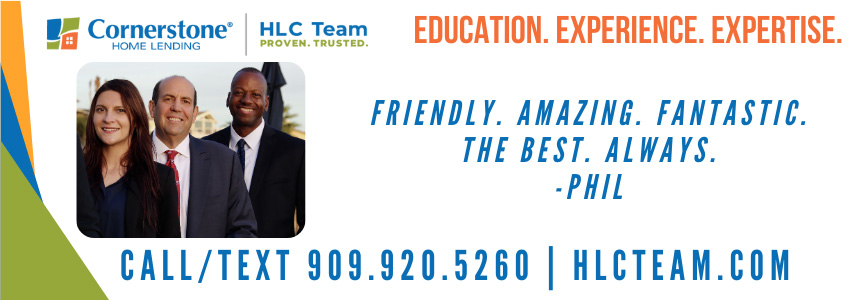
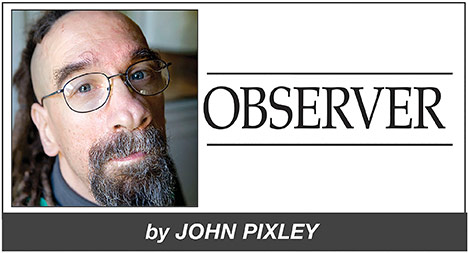
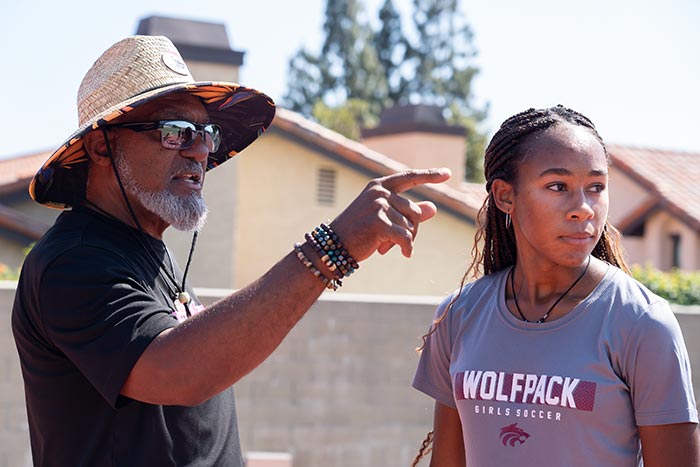
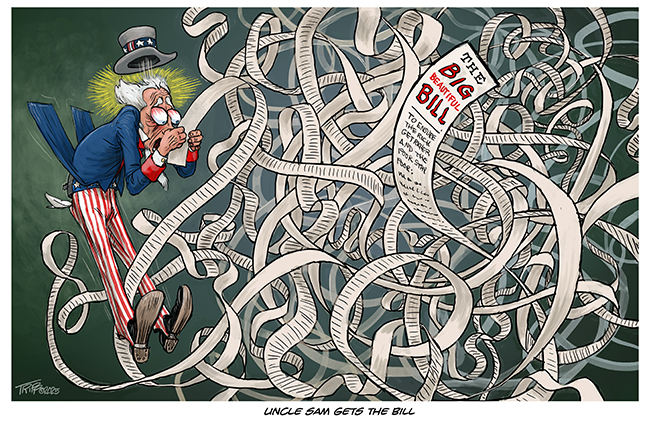

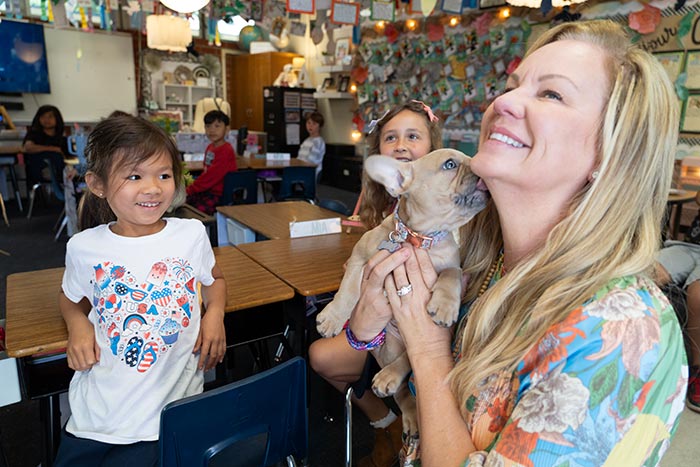
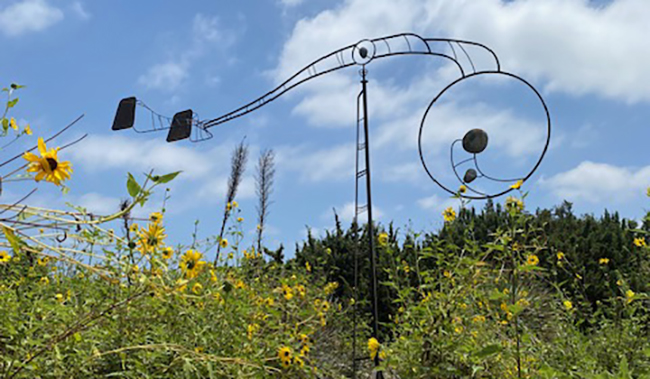

0 Comments